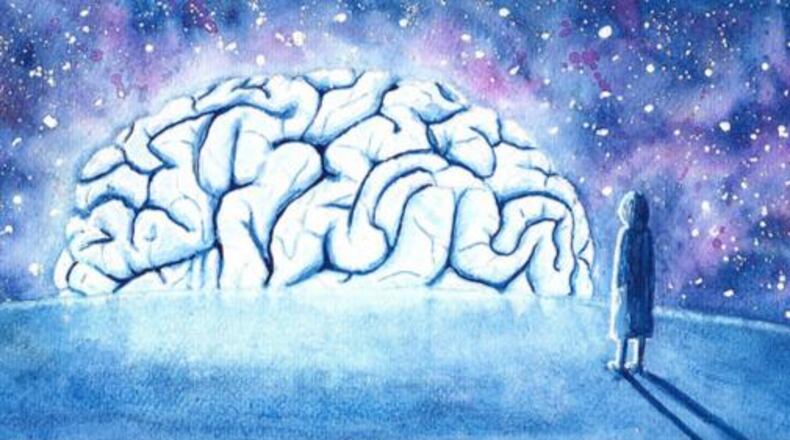If you're not getting enough sleep, some of your brain cells are quite literally slowing down.
A new scientific study has become the first of its kind to reveal the ways in which sleep deprivation impacts the ability of brain cells to communicate with one another.
"We discovered that starving the body of sleep also robs neurons of the ability to function properly," lead researcher Itzhak Fried, a professor of neurosurgery at the David Geffen School of Medicine at UCLA and Tel Aviv University said in a UCLA news release.
>> Related: 11 successful people who get by on hardly any sleep
The study demonstrates why a variety of mental functions are impaired by a lack of sleep.
"You can imagine driving a car and suddenly somebody jumps in front of the car at night," Fried explained to NPR.
"If you are sleep-deprived, your cells are going to react in a different way than in your normal state," he added.
How was the study conducted?
Fried's research, which was published this week in the journal Nature Medicine, recorded data directly from the neurons of 12 epilepsy patients preparing to have surgery at UCLA.
Each patient had electrodes implanted into his or her brain, with the aim of locating the exact origin of their seizures before the procedure. The patients were then kept awake all night, as lack of sleep can provoke seizures.
After they were deprived of sleep, the patients were asked by researchers to quickly categorize a series of images. As they grew sleepier, the task became gradually more and more challenging, showing that their brains slowed down, just as they did physically.
"Unlike the usual rapid reaction, the neurons responded slowly and fired more weakly, and their transmissions dragged on longer than usual," Yuval Nir, the study's lead author from Tel Aviv University, said. Nir also said that the team was "fascinated" to see how sleep deprivation slowed down brain cell activity.
Lack of sleep slows down our ability to process information
According to the study's results, a lack of sleep directly affects the neurons' ability to translate visual input into conscious thought and encode information.
Some areas of the brain even fall asleep, while others struggle to remain awake. Essentially, when you haven't slept enough, your brain works more inefficiently and much slower.
Read more here.
About the Author
Keep Reading
The Latest
Featured



